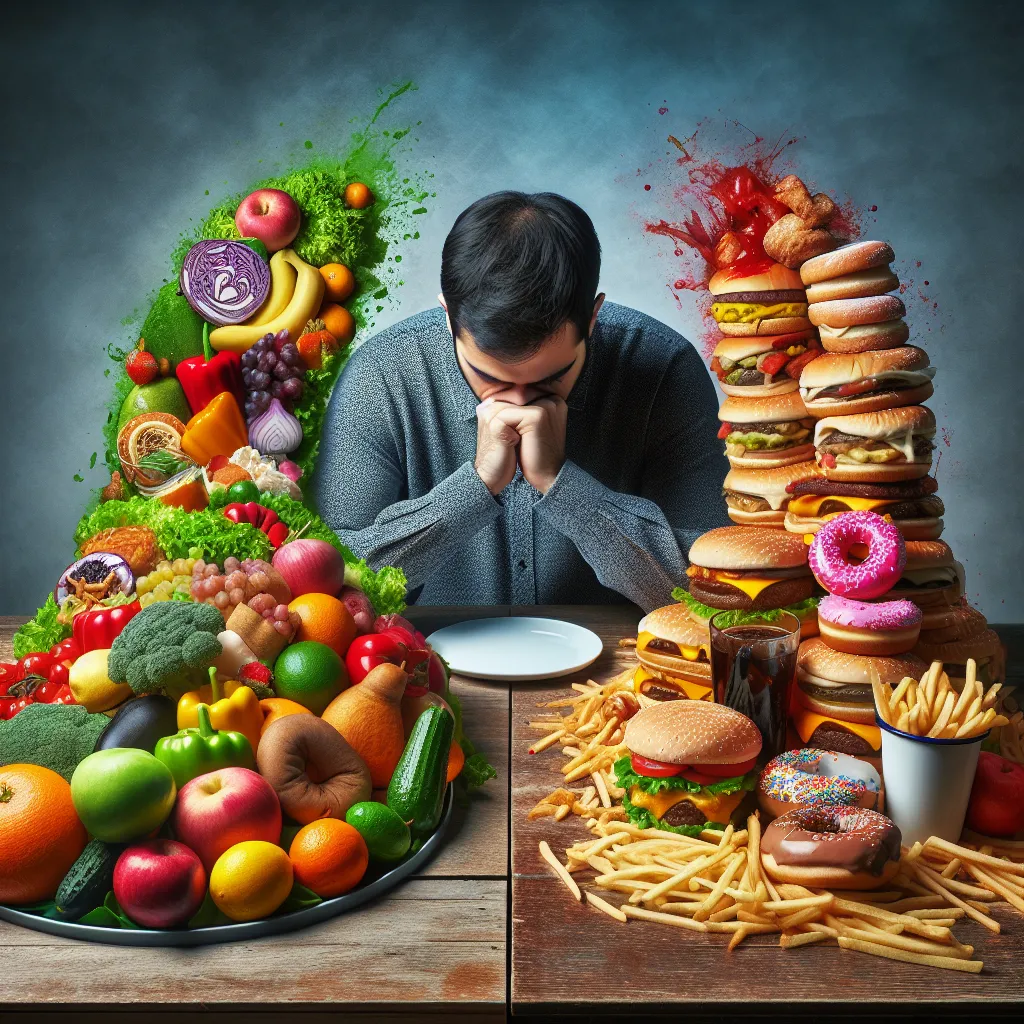
Exploring the Connection Between Gut Health and Emotional Eating
The Impact of Gut Health on Emotional Eating
Understanding the intricate connection between gut health and emotional eating is a topic of increasing interest in the field of nutrition and psychology. The impact of gut health on emotional eating is a complex interplay of physiological and psychological factors. Research has shown that the gut, often referred to as the “second brain,” plays a crucial role in regulating emotions and mood through the gut-brain axis.
Imbalances in the gut microbiota can lead to dysregulation in the production of neurotransmitters such as serotonin and dopamine, which are closely linked to emotional wellbeing and eating behaviors. Furthermore, the gut microbiota influences the production of short-chain fatty acids, which have been found to have a direct impact on mood and behavior.
Moreover, an unhealthy gut can lead to increased permeability of the intestinal barrier, commonly known as “leaky gut,” allowing endotoxins to enter the bloodstream and potentially affect brain function. This can contribute to heightened stress and emotional eating patterns.
It is essential to recognize the significant influence of gut health on emotional eating and overall wellbeing. Addressing gut health through a balanced diet, probiotics, and stress management techniques can be pivotal in supporting emotional regulation and healthy eating habits.
Understanding the Gut-Brain Axis and Its Role in Emotional Eating
Understanding the gut-brain axis is crucial in examining the connection between gut health and emotional eating. The gut-brain axis refers to the bidirectional communication network between the gastrointestinal tract and the central nervous system, involving neural, hormonal, and immunological pathways. This intricate system plays a pivotal role in regulating emotions, behavior, and food intake, thus directly influencing emotional eating patterns.
Studies have shown that gut microbiota, the diverse community of microorganisms living in the gut, can significantly impact the functioning of the gut-brain axis. The microbiota produce neurotransmitters, such as serotonin and dopamine, which are known to influence mood and behavior. Additionally, they play a vital role in producing short-chain fatty acids and regulating gut permeability, both of which can affect systemic inflammation and the brain’s function.
In the context of emotional eating, imbalances in the gut microbiota or dysbiosis can lead to alterations in satiety hormones, increased cravings for specific types of food, and a heightened emotional response to food. Furthermore, chronic stress can disrupt the delicate balance of the gut-brain axis, leading to a propensity for emotional eating as a coping mechanism.
Understanding the intricate interplay between gut health, the gut microbiota, and the brain provides valuable insights into the root causes of emotional eating. By addressing and nurturing gut health, individuals may be able to positively influence their emotional eating behaviors and overall well-being.
Strategies for Improving Gut Health to Address Emotional Eating
Exploring the connection between gut health and emotional eating reveals a fascinating interplay between our physical and emotional well-being. Emotional eating, characterized by the consumption of food in response to emotions rather than hunger, can often be linked to an imbalance in gut health. To address this issue, it is important to implement strategies for improving gut health.
One crucial strategy is to maintain a balanced and nutritious diet. Incorporating high-fiber foods such as fruits, vegetables, and whole grains can promote the growth of beneficial gut bacteria, supporting overall gut health. Additionally, consuming fermented foods like yogurt, kefir, and kimchi can introduce probiotics that contribute to a healthy gut microbiome.
Managing stress is another key factor in improving gut health and combating emotional eating. Chronic stress can disrupt the balance of gut bacteria, leading to increased susceptibility to emotional eating. Therefore, engaging in stress-reducing activities such as meditation, yoga, or spending time in nature can have a positive impact on gut health and help alleviate emotional eating tendencies.
Furthermore, adequate hydration plays a vital role in supporting gut function. Drinking an ample amount of water helps maintain the mucosal lining of the intestines and supports the transport of nutrients, contributing to improved gut health and potentially reducing the urge for emotional eating.
In conclusion, the strategies for improving gut health are intrinsically linked to addressing emotional eating. By prioritizing a balanced diet, stress management, and hydration, individuals can foster a healthier gut microbiome, potentially reducing the reliance on emotional eating as a coping mechanism.



